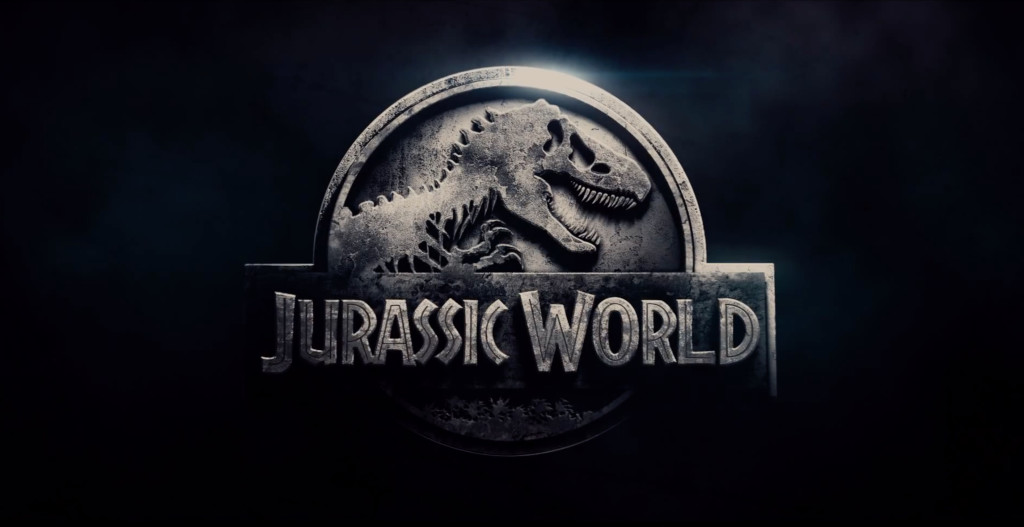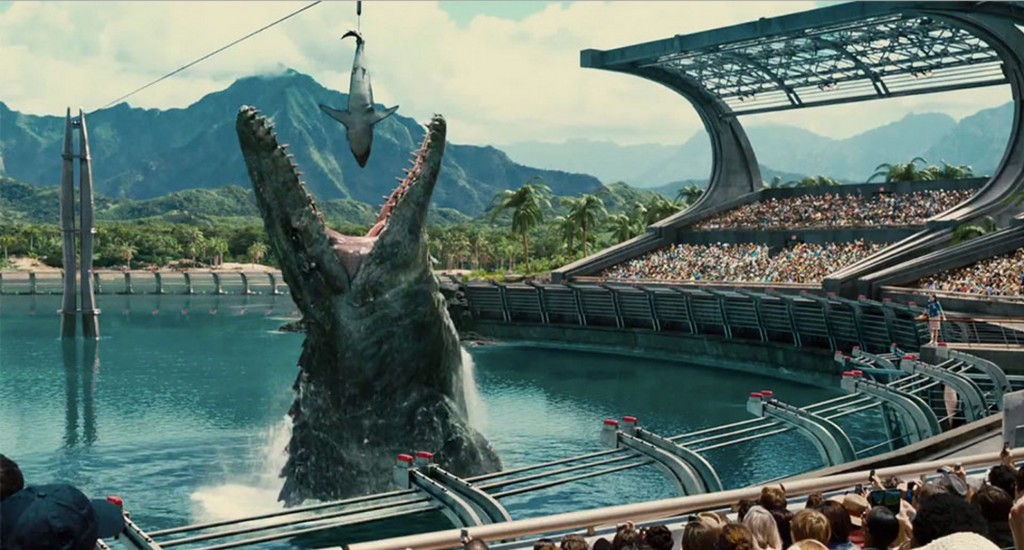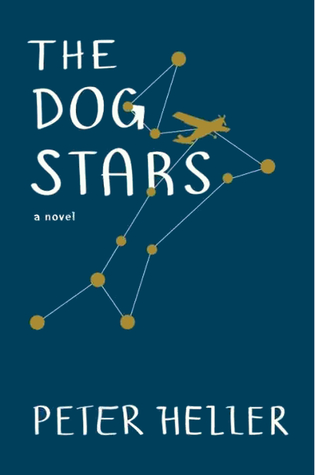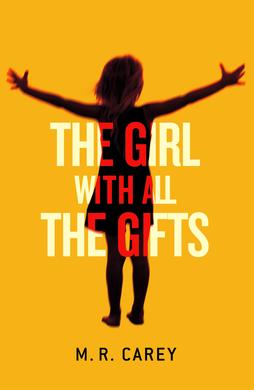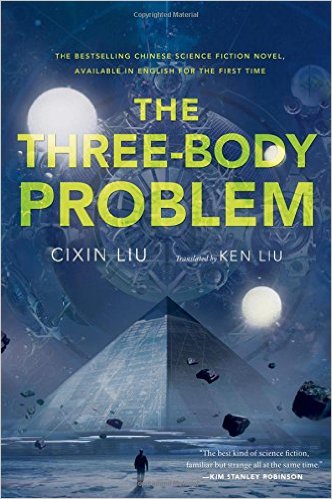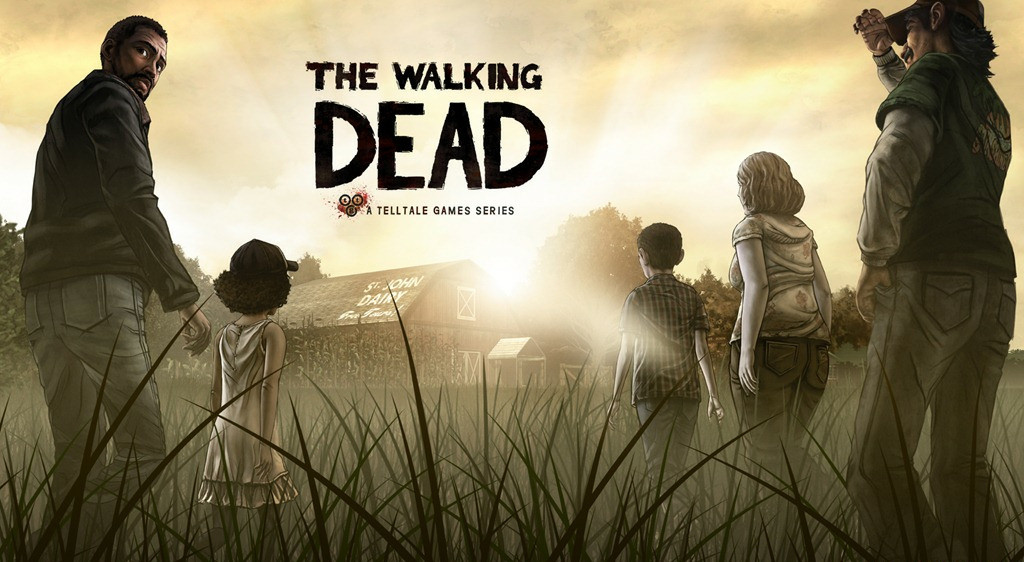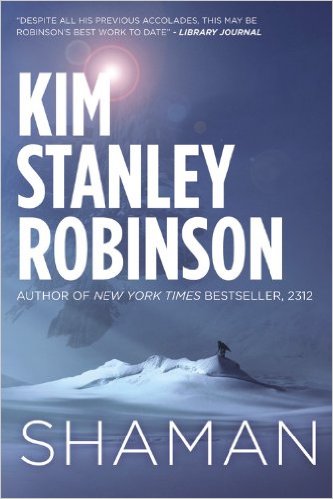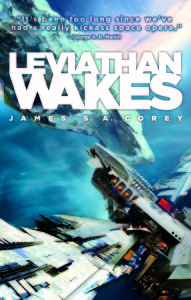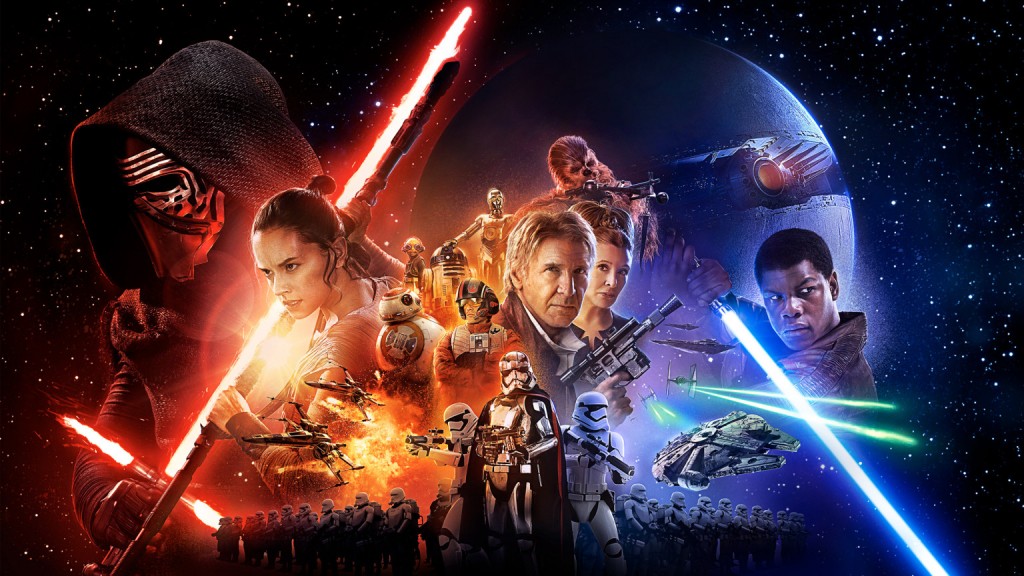I’ve gotten behind on posting reviews here, so in the interest of getting caught back up, here are some quick thoughts on a bunch of books and movies and games from the past few months!
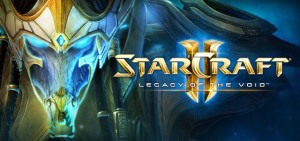
- Starcraft 2: Legacy of the Void – I loved StarCraft when I was in high school, and I mostly enjoyed the first two parts of the Starcraft 2 trilogy, so I am disappointed to say that this one wasn’t very good. The plot was boring and lacked interesting characters or any sort of emotional range. It was like the game makers were trying so hard to make the finale of Starcraft 2 epic that they forgot how to make a good game. Instead it’s just heavy-handed and over-the-top and relentlessly epic. Also, it was very Protoss heavy. One of the things that is fun about Starcraft is the shifting alliances between the three playable races and their factions. This game seemed to have much less of that.
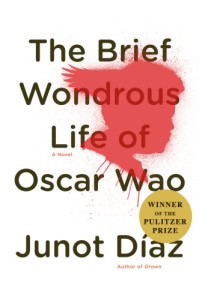
- The Brief Wondrous Life of Oscar Wao – So apparently this won a Pulitzer? I enjoyed parts of this: the premise of a super geeky Dominican immigrant living in the city in the US was interesting, but nothing really happens. He basically mopes around about how he can’t get laid, and that’s interspersed with some flashbacks to his relatives past lives in the Dominican Republic. The reader is beaten over the head with how misogynistic Dominican culture is and how much Oscar doesn’t fit in with it. And then he find himself back in the DR and involved in a very ill-advised relationship, and then he gets killed. Maybe this one was too literary for me. Sometimes literary stuff is great, but other times it can end up just boring. I found this one was mostly in the latter category. On the plus side, I learned some history that I only vaguely knew about before.
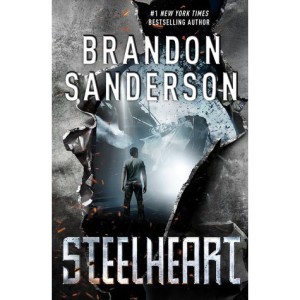
- Steelheart – This is Brandon Sanderson’s YA take on superheroes. The premise is basically: What if all superheroes were evil? I am starting to think that Sanderson is just not my style of author. This book especially felt to me like he was just phoning it in. He even goes so far as to make one of the main character’s personality traits be that he is terrible with metaphors, which to me screams that the author was too lazy to think of good metaphors so instead used the first dumb thing that came to mind and made it into a running gag. It destroyed my suspension of disbelief every time. But that’s just one minor nitpick. More generally, I think my issue with Sanderson is that he is great at the craft of writing but severely lacking in the art side. Reading his books is sort of like looking at a house that isn’t quite finished. Like, yeah the house is safe to live in, and the roof doesn’t leak, but I can see the foundation and interior structure. The walls aren’t painted yet: I can see where there were plot holes that got patched with a well placed infodump. I’m actually thinking that because Sanderson’s books lend themselves so well to being able to sense the underlying structure and outline, that I should read more of them because it may help learn the craft, even if they’re not my favorites. My favorite books suck me in so well that I can’t sense these sorts of underlying details as easily. (Edited to add: Also, Sanderson is absolutely awful at writing love subplots. Some parts of this book were truly cringe-worthy in that regard.)
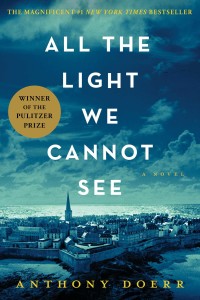
- All the Light We Cannot See – Another Pulitzer winner. I enjoyed this more than Oscar Wao, but it also reminded me very strongly of The Book Thief (not a bad thing by any means, but it made it feel less original). This book is about a blind girl in France during WWII and a German boy who is a prodigy at fixing radios. There is some lovely writing in this one, but again it moved a bit slowly for my taste.
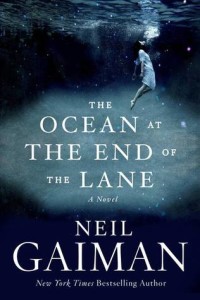
- The Ocean at the End of the Lane – This is a nice short book by Neil Gaiman, and I think it’s my favorite book of his so far. After reading American Gods, I suspected that Gaiman was better at short fiction than long and this book seems to support that idea. Nice writing, suitably weird, full of melancholy reminiscences about childhood and growing up, with unnerving and ominous powers hidden just beneath the surface of reality.
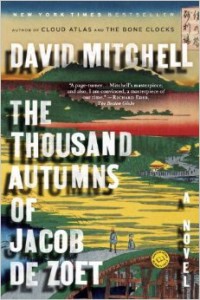
- The Thousand Autumns of Jacob de Zoet – This is by the same author who wrote Cloud Atlas but is a much more “normal” historical fiction book. The setting is interesting: Japan in 1799. It’s about a young Dutch man who is stationed at the port of Dejima, the only part of Japan where Europeans are allowed, and who falls in love with a Japanese girl. The writing is generally very nice, but I found that there was one stylistic quirk that really bugged me (particularly because I was reading this book out loud). Almost every single piece of dialog is interrupted partway through with dialog tags. Here are couple of examples that I found by searching for quotes from the book:
- “Don’t let death,” Jacob reproves himself, “be your final thought.”
- “I find a certain comfort,” confesses Marinus, “in humanity’s helplessness.”
Every once in a while this would be ok, but it really is basically every piece of dialog. I’m sure there’s some sort of symbolism or something that the author deliberately was trying to achieve here, but it mostly just bugged me. My other issue with this book was that it moves very slowly. Again, this is probably just my preference for genre fiction over literary fiction, but I can always tell a book is going too slowly when I start to nod off while reading before bed, and that happened way too much with this one. Happily, the end finally picks up pace and redeems the slow build, so overall I ended up enjoying this.

- A Pirate of Exquisite Mind – This is a biography of William Dampier, a guy who really should be better known than he is. The story of his life is pretty remarkable. He was a buccaneer and privateer for a while in the Caribbean and on the west coast of Panama, but also took careful notes in his journal, which made him the first European to describe many things we take for granted like barbecues and avocados and chopsticks. He circumnavigated the world three times and was one of the first Europeans to explore parts of Australia. His writings went on to inspire famous writers (Robinson Crusoe and Gulliver’s Travels both draw on his writings), scientists (such as Charles Darwin), and explorers (such as James Cook). The only downside to this biography is that it did get dry at times. A lot of it is based on Dampier’s own writings, combined with other written accounts from the time, but the authors of the book paraphrase these documents so heavily that I often thought it would be more interesting and easier to read if they would just quote larger chunks from the original sources. But despite this, I’m definitely glad I learned more about Dampier.
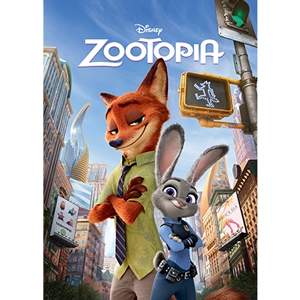
- Zootopia – This movie was so good! Great animation, full of lots of jokes that kids will get, as well as a lot of them that are aimed squarely at adults. The plot is actually interesting, and the message of this story about bias and racial tolerance is a really important one, and it somehow manages to convey it without being overly saccharine or preachy. It has one of the highest ratings I’ve ever seen on Rotten Tomatoes: 98%. I look forward to owning this movie and showing it to my kids.
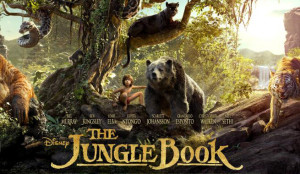
- The Jungle Book – Yes, we have been mostly watching children’s movies at the theaters lately! They’re sure more interesting than the umpteenth superhero sequel! I am still a bit skeptical about this trend of remaking classic Disney movies as darker live action/CGI movies, but there were so many great actors in this one I figured we should give it a try. It was pretty good, and certainly visually impressive, but ended up feeling a lot shallower than Zootopia despite looking much more “serious”.
